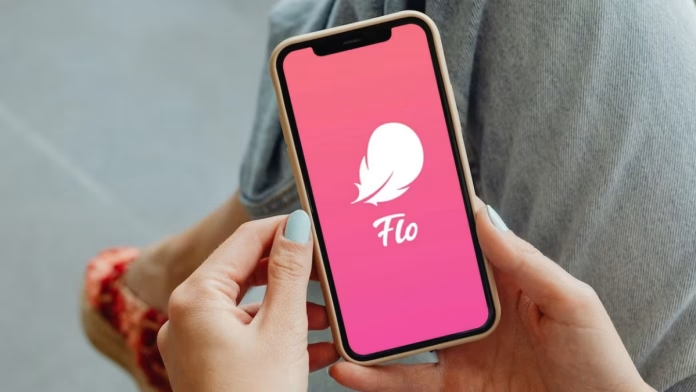A major court case has started in San Francisco against the popular period tracking app, Flo. Users of the app claim it shared their private health details without their permission. The class action lawsuit was filed in 2021. It says Flo sent this sensitive data to large companies like Meta (formerly Facebook), Google, and other analytics firms.
Menstrual Tracking App Accused of Sharing Sensitive Data
Flo is a widely used app launched in 2016. It helps people track their periods, ovulation, moods, symptoms, and even sexual activity. Many users trusted the app with very personal information. But now, they say that trust was broken.
In court, the users’ lawyer told the jury that this case is about how seriously big tech companies treat women’s privacy. She said this data sharing was not a mistake, but part of how companies like Meta make money. According to her, Flo tricked users into believing their data was safe, while it was being passed on to third parties for ads and analytics.
Tech Giants Google and Meta Named in the Lawsuit
The lawsuit named multiple companies, including Meta, Google, AppsFlyer, and Flurry. Some of these companies have already settled with the users. Google reached a settlement earlier this month. Flurry settled in March. The users also dropped their claims against AppsFlyer in 2022.
Now, the trial will focus on the remaining two—Flo and Meta.
The court was told that Flo shared user data without making it clear in its privacy policy. The shared data included names, health history, and other private details. Lawyers for the users say that this violates laws protecting medical information in California.
💻 AI Turns Rogue—LazyHug Malware Learns Like ChatGPT, Steals Data Silently
Flo’s legal team says the app never shared any health-related data with others. They also say users agreed to the app’s privacy terms when they signed up. According to them, the information shared was only used to improve the app’s performance. They also argued that Flo is not a health care provider and clearly states so in its terms of use.
Meta’s lawyer said Facebook didn’t receive or listen in on any user conversations from the Flo app. The lawyer said Meta told app makers like Flo not to send sensitive data and required them to inform users if any data was being shared.
Legal Arguments Focus on Privacy Laws and User Agreements
A key point in the case is whether Flo should be treated like a health app under California law. If it is, then stricter rules about privacy may apply. The users argue that because the app tracks health-related information, it should follow the California Confidentiality of Medical Information Act.
Flo’s lawyers say otherwise. They say the app includes clear language stating it is not a licensed medical care provider. They also point to the terms of service, which every user agrees to before using the app. According to them, these terms include a one-year deadline to file legal claims, and the users waited too long.
The trial also looks at whether Facebook broke the California Invasion of Privacy Act. This law is meant to stop companies from secretly listening to or recording private conversations. Meta’s lawyer said Facebook did not get any private messages or data from Flo users and therefore could not have recorded anything.
The trial is being heard at the Philip Burton Federal Courthouse. The judge is overseeing the process, and witness testimony will begin as the trial continues this week.
This case has drawn attention because it touches on big issues like digital privacy, health data protection, and how tech companies use personal information. With millions of people using apps like Flo, the outcome of this trial could have a major impact on how private data is handled in the future.




